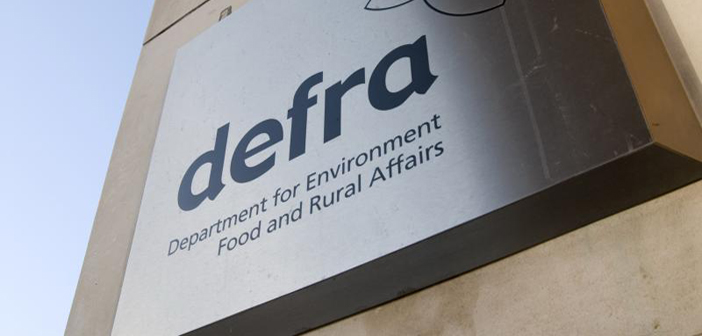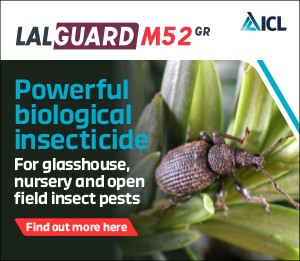Chilli veinal mottle virus, a highly transmissible disease of peppers and tomatoes, will be regulated by Defra as a quarantine pest following recommendations from a rapid pest risk analysis (PRA).
The pathogen is widespread mainly in Asia but is currently under eradication at a site in Italy, the first finding in Europe. The PRA was initiated because it has been intercepted multiple times on imported peppers.
Imported plants for planting are considered the highest risk pathway for introduction although the virus is transmitted by aphids.
Infection reduces quality and yield of chilli peppers. Although impacts on tomato have not been quantified, the recorded symptoms are ‘expected to carry a significant economic impact,’ says the PRA.
Defra says the status of the virus’s presence in Italy is a key uncertainty. Current import requirements for solanaceous plants will help to mitigate the risk of introduction from outside Europe.
The virus is not listed in EU plant health legislation nor recommended for regulation as a quarantine pest by the European and Mediterranean Plant Protection Organisation.
Meanwhile, four viroids currently absent from the UK will be regulated from November 24, when they are designated quarantine pests because of the threat posed especially to tomato production. Protection of tomato crops remains a priority, says Defra.
Citrus exocortis viroid mainly affects citrus although there are occasional outbreaks on tomato in Europe. There have been sporadic transient outbreaks of columnea latent viroid in a number of European countries, including the UK. Tomato planta macho viroid is absent from Europe at present.
Pepper chat fruit viroid, which affects peppers as well as tomatoes, is also currently absent from Europe.













